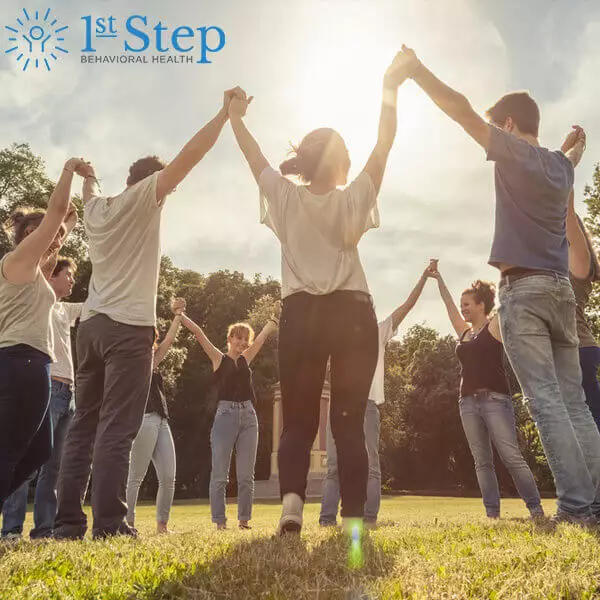Addiction can be a lonely thing. Feelings of shame over your addiction can lead to intense secrecy, even isolation. It is little wonder that so many individuals struggle with addiction all alone, sometimes for months or even years, without their closest friends or family members truly realizing the full extent of the problem.
But here’s the good news: Recovery doesn’t have to be lonely. In fact, it shouldn’t be. As you attempt to move forward and to take the first steps toward a new life, it’s imperative that you enlist as many friends as you can to help you along the way.
Why does it matter that you build your own recovery community? Partly for the encouragement. Going through recovery is tough. You’ll have bad days, harrowing moments, and plenty of chances to beat yourself up. You need someone in your corner cheering you on—affirming that you are not just capable of recovery, but worth it.
Another reason to build a recovery community is for the accountability. Trying to do something in secret means there’s nobody there to encourage you, but also nobody there to call you out or to help you get back on course after a setback. That kind of accountability is crucial, and impossible to achieve all on your own.
So how do you build this kind of recovery community? Hopefully, you’ll feel comfortable enlisting the help of your family members and close friends, not just when you head to treatment but throughout your recovery.
Continuing to attend regular meetings or group therapy sessions is also key. That’s one of the reasons why First Step offers alumni groups on a weekly basis—Fridays at 8:00 PM for men, Saturdays at 8:00 PM for ladies.
Make sure you’re getting community somewhere—and that you know you’re not alone in your recovery journey.
Where do you turn for community? Tell us on Facebook!

